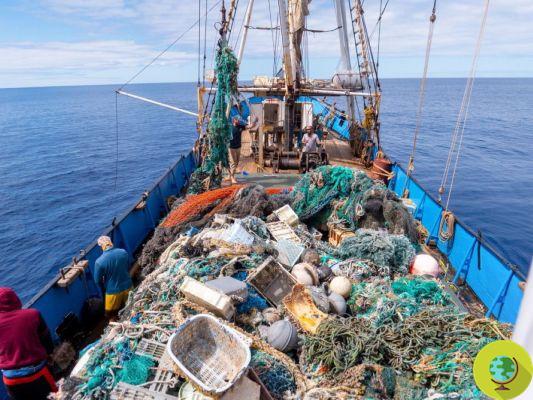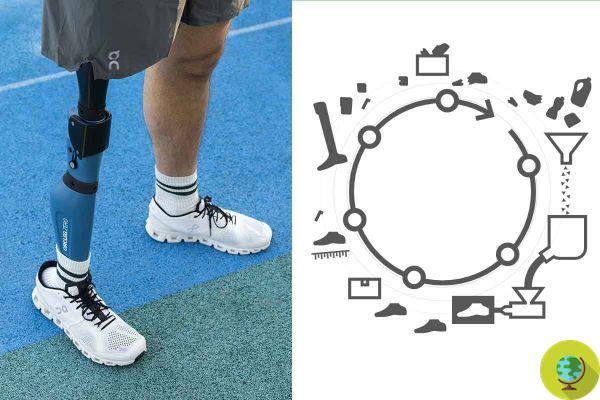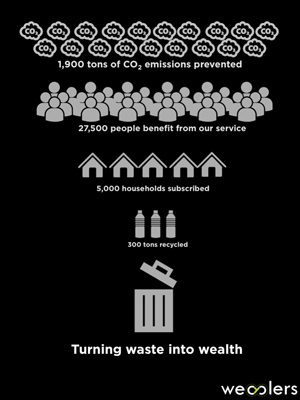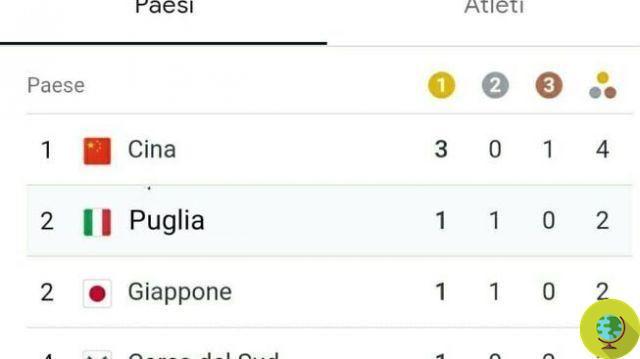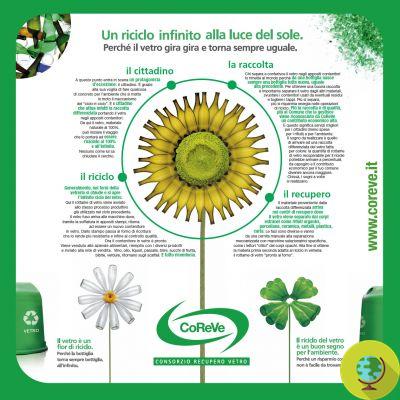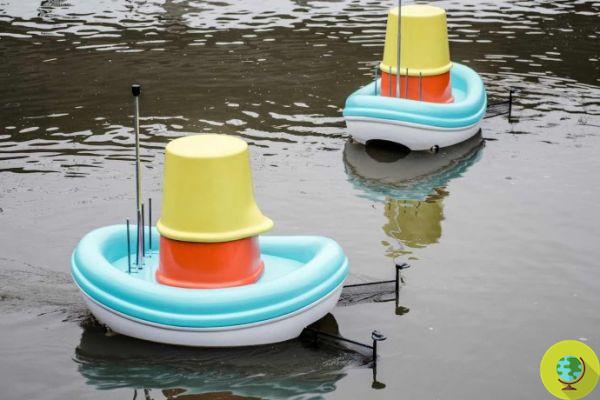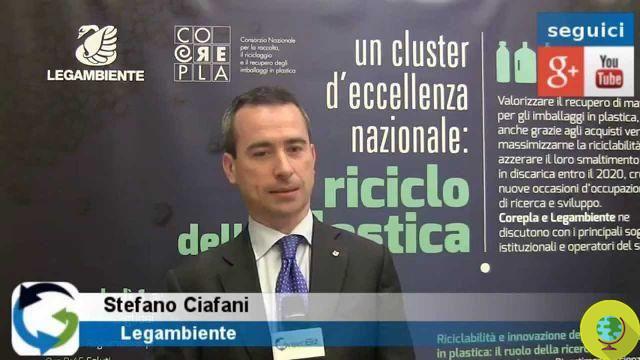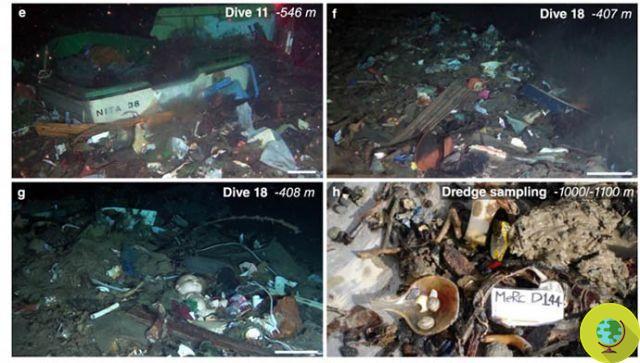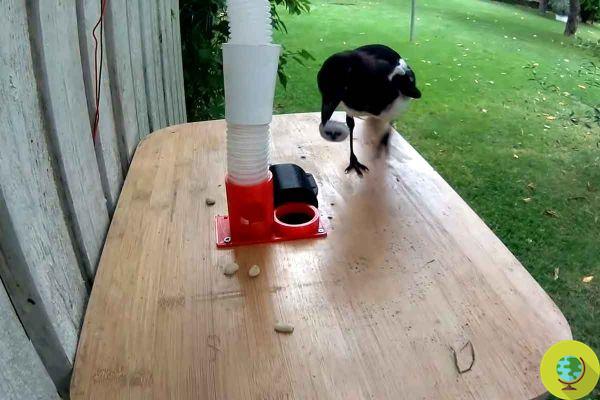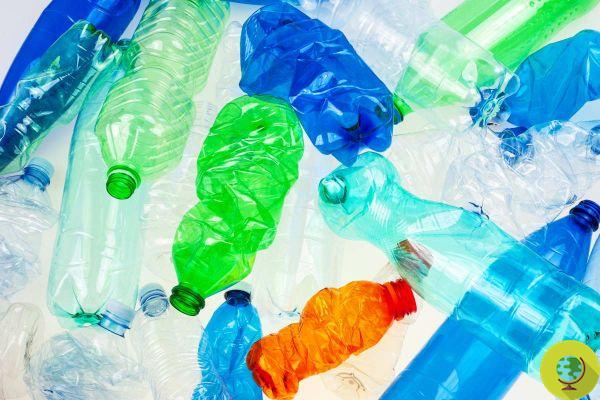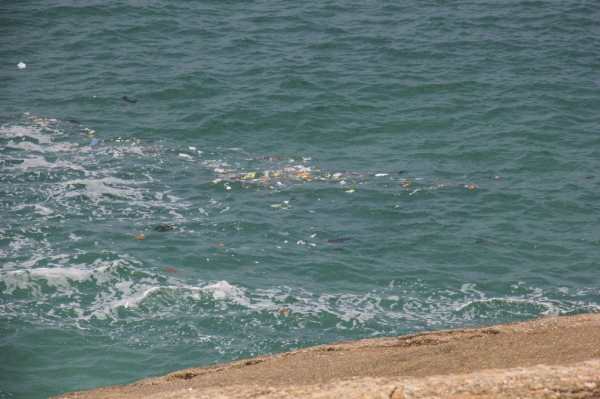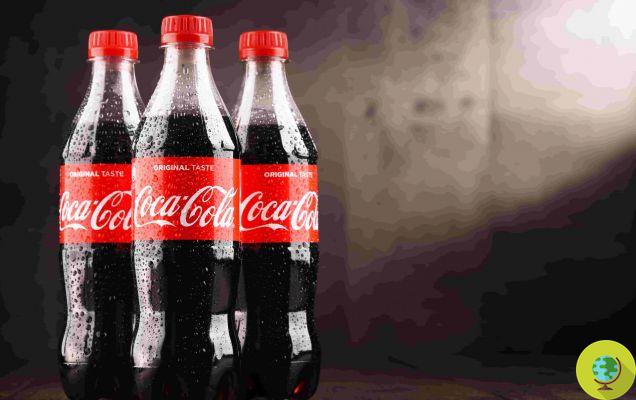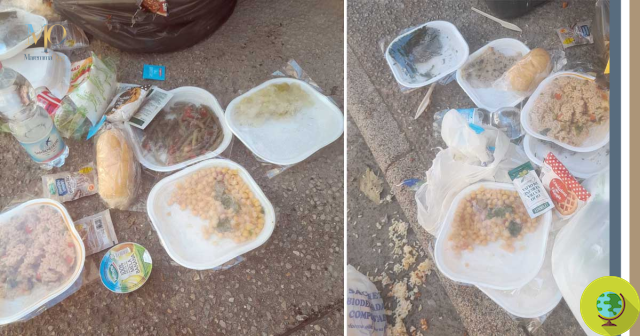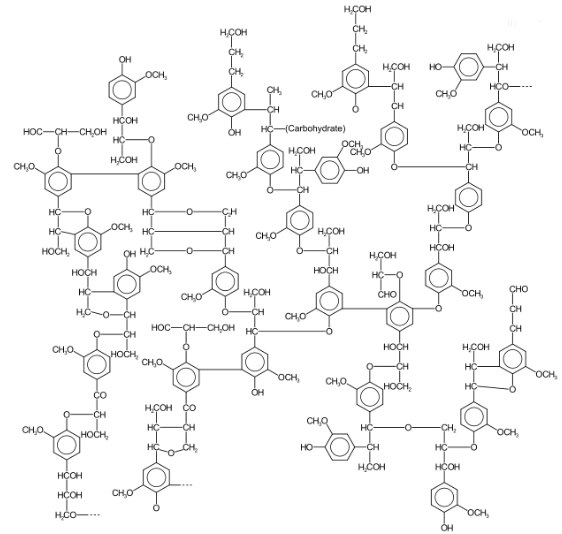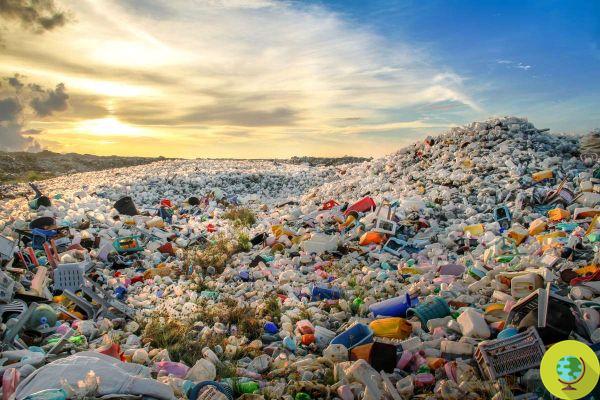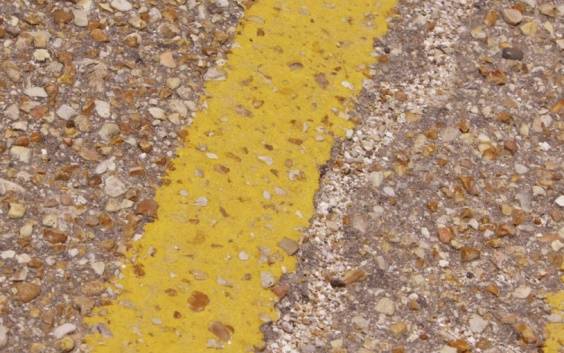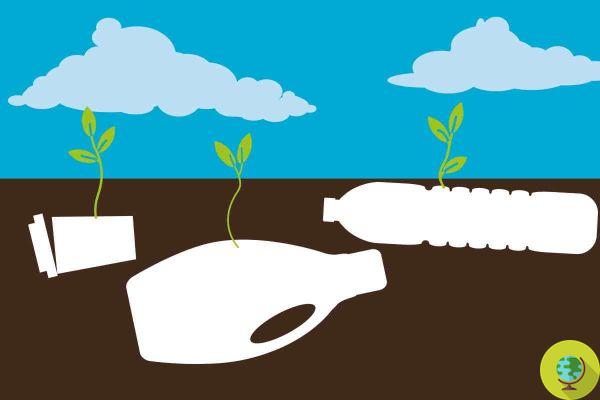
New research has identified a new method for recycling plant-based plastics, in order to reduce the environmental impact and develop a circular and sustainable economy.
Scientists have developed a new one way to break down the plastic of vegetable origin into its original constituent elements, potentially allowing for repeated recycling of products without loss of quality.
About 45% of plastic waste is recycled every year; however, one of the problems with current recycling methods is that you end up with a lower quality plastic, and with worse properties than the original. This means that plastic beverage bottles cannot simply be recycled into new bottles over and over, but are instead used for other lower quality products such as water pipes, benches and traffic cones.
In the new study, scientists have developed a chemical recycling method, by converting the plastic back into its constituent chemical molecules, so that they can be used to produce new plastics of the same quality as the original. To do this, lower temperatures are used, and more environmentally friendly catalysts than previous methods.
Professor Matthew Jones, of the Center for Sustainable & Circular Technologies at the University of Bath, said:
Most plastic is currently recycled using mechanical methods, where it is chipped into granules and melted before being molded into something new.
The problem is that the melting the plastic changes its properties and reduces its quality, which limits the range of products in which it can be used. The new method overcomes this problem by breaking down plastic polymers into their chemical building blocks, so that they can be reused to make virgin plastic without losing any properties.
Researchers recycled plant-based PLA, which is made from starch or crop waste instead of petrochemicals, and is used in biodegradable food packaging and disposable cutlery and cups. PLA is not currently recycled because it is not yet widely used, however, with the growing awareness of plastic pollution, consumer demand for recyclable packaging is growing.
PLA is increasingly used as a sustainable alternative to single-use plastics; Although it is biodegradable under industrial conditions, it does not biodegrade with home composting and is not currently recycled, so at the moment it still ends up contributing to the tons of plastic waste in landfills and oceans.
There is no single solution to the problem of plastic waste:approach must be a combination of reduction, reuse and recycling. The chemical method could allow recycling, creating a circular and sustainable economy; so far, however, this technology has only been demonstrated on a small scale, however researchers are working to expand the system.
Follow us on Telegram | Instagram | Facebook | TikTok | Youtube
Photos: Chemestry Europe
Could it be interesting for you:
- No tax, but more recycling: this is the European strategy to reduce plastic
- Not just BPA, here's what they found in water left over 24 hours in a plastic bottle (or water bottle)
- Plastic recycling. When the circular economy is convenient for everyone (VIDEO)
- Trento bans plastic and disposable in events, but companies resort to the Regional Administrative Court
- Plastic pollution: could a global treaty be the solution? Agree 9 out of 10 people
- “Plastic pollution is a problem of social justice”: for a change, it affects the most defenseless
- This new plant-based material could replace petroleum-based plastics




